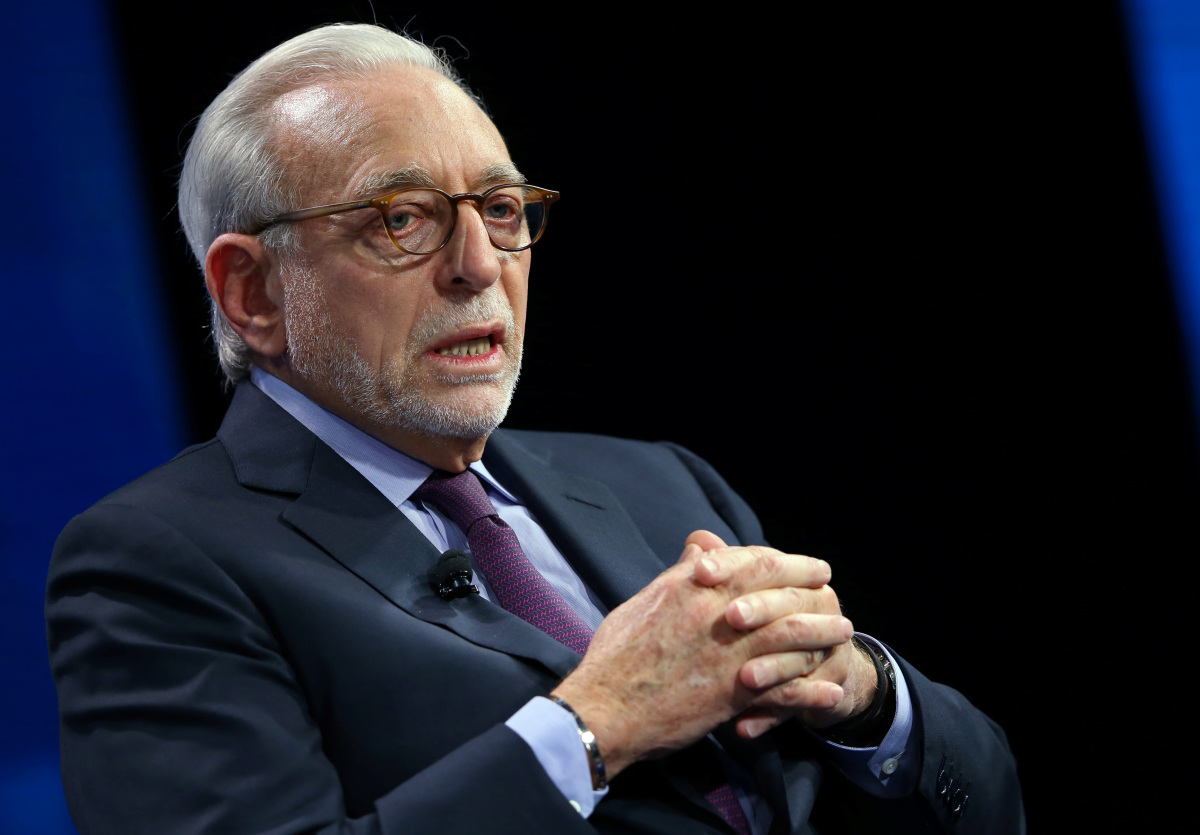In 2015, Nelson Peltz’s activist campaign against chemical firm DuPont faced defeat due to opposition from top institutional shareholders. Now, nearly a decade later, those same shareholders, including Vanguard, State Street, and BlackRock, are at the center of another high-stakes corporate battle, this time involving entertainment giant Disney.
BlackRock, a significant Disney shareholder with a 4.2% stake, has reportedly sided with management, according to The Wall Street Journal. T. Rowe Price and Norway’s sovereign wealth fund have also voiced support for Disney’s current leadership.
However, the stance of Vanguard and State Street remains uncertain, leaving the outcome of the impending boardroom clash hanging in the balance.
Peltz’s Trian Partners has rallied support from former Marvel chairman Ike Perlmutter and notable institutional investors like New York City’s retirement fund and CalPERS. Additionally, proxy advisory firms ISS and Egan-Jones have thrown their weight behind Peltz’s campaign.
The battle between Trian Partners and Disney revolves around critical issues such as CEO succession and the company’s approach to addressing societal concerns. Disney’s failure in CEO succession, highlighted by the return of former CEO Bob Iger after his successor’s ousting in 2022, has drawn criticism from proxy advisory firms and Peltz alike.
While Disney contends that Peltz’s efforts undermine the company’s turnaround initiatives, Trian argues that Peltz’s expertise could aid in finding a suitable successor to Iger and addressing the company’s underperforming stock.
The institutional vote holds significant sway in Disney’s shareholder landscape, with retail investors comprising a smaller portion of the voting bloc. Vanguard, as the largest shareholder with an 8% stake, could play a pivotal role in determining the board’s composition.
In a contested election, increased voter turnout is expected, with proxy solicitors from both camps actively engaging shareholders. The implementation of a universal proxy card has further streamlined the voting process, allowing shareholders to select nominees from any party.
Disney and Trian have spared no expense in their outreach efforts, with Disney reportedly spending over $40 million on communication initiatives. Trian, on the other hand, has allocated approximately $25 million to bolster its campaign.
The battle has garnered support and opposition from various stakeholders, with proxy advisory firm ISS recommending a vote for Peltz, while Glass Lewis has endorsed Disney’s existing board.
“Shareholders can change their mind, but unlike most institutional investors, individual shareholders start voting as soon as they receive the proxy. As such, most individual votes are already accounted for,” stated John Ferguson, senior partner at proxy solicitation firm Saratoga Proxy Consulting.
As the deadline for voting approaches, the outcome remains uncertain, with the possibility of last-minute shifts in shareholder sentiment. Regardless of the result, the showdown underscores broader governance issues and the importance of effective succession planning in corporate leadership.
From a financial standpoint, analysts predict that the outcome of the shareholder vote is unlikely to significantly impact Disney’s investment outlook. “I don’t anticipate a shift in my assessment of Disney based on this vote. Peltz hasn’t presented any groundbreaking insights or novel perspectives that would warrant a change in perspective. Rather, his presence could potentially introduce disruptions in the boardroom,” commented one analyst. They echoed sentiments expressed by Disney CEO Bob Iger, who previously highlighted concerns about potential distractions stemming from Peltz’s involvement.
In a landscape fraught with corporate battles and shareholder activism, Disney’s clash with Peltz serves as a microcosm of the broader tensions between stakeholders and corporate governance practices in the modern business environment.







